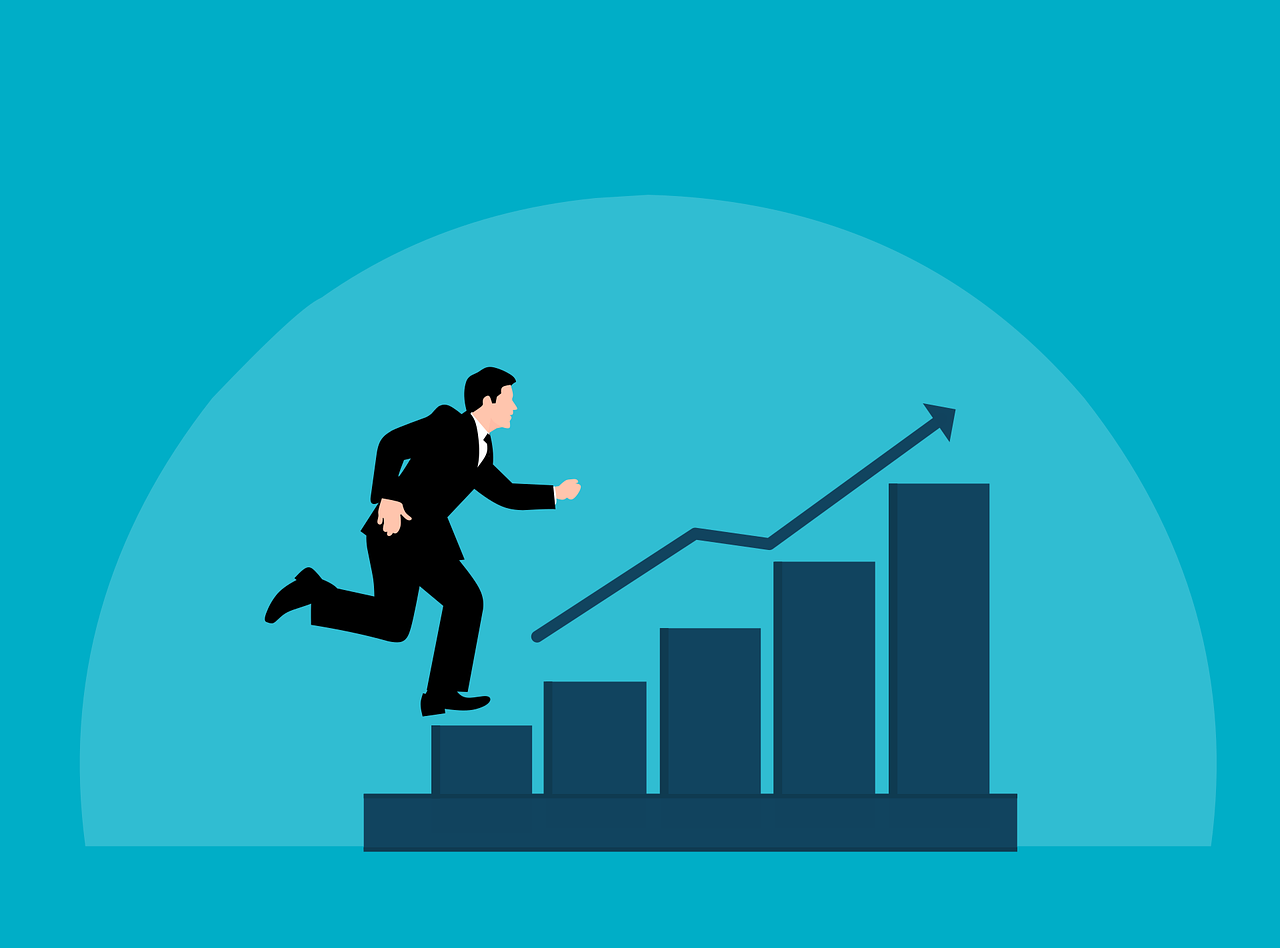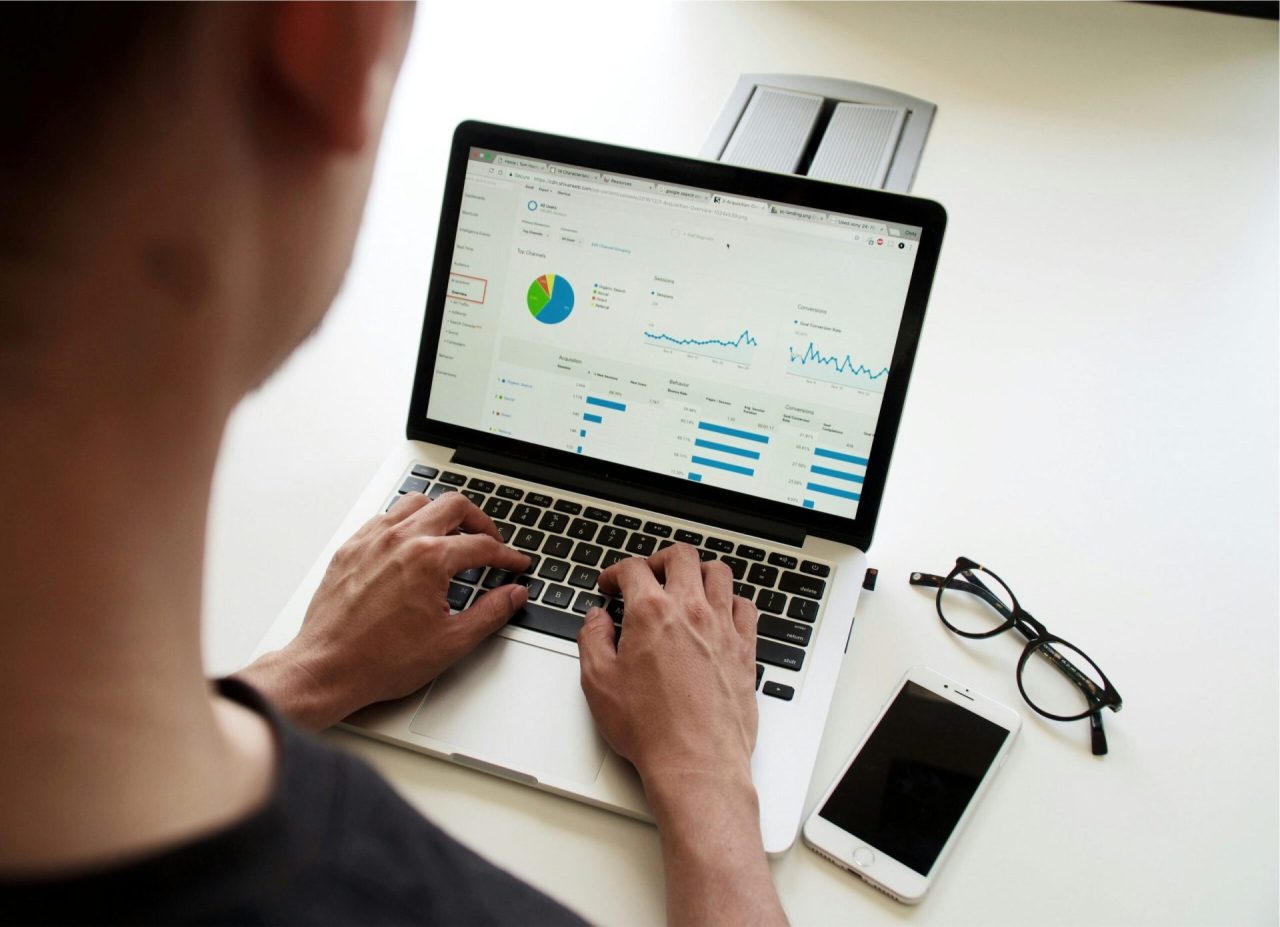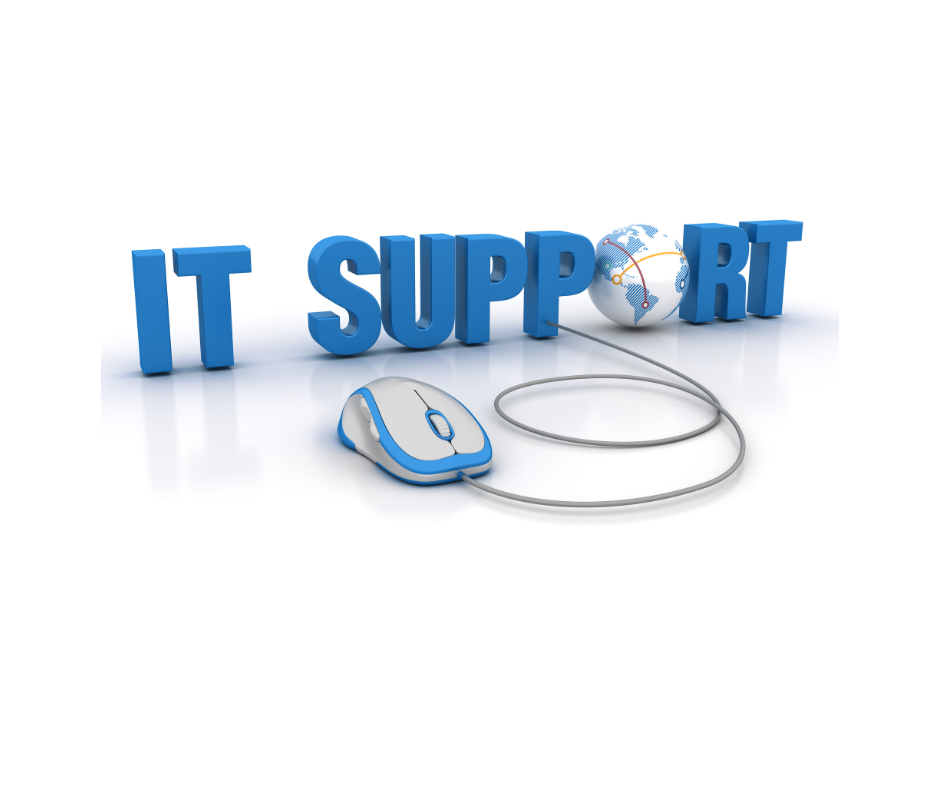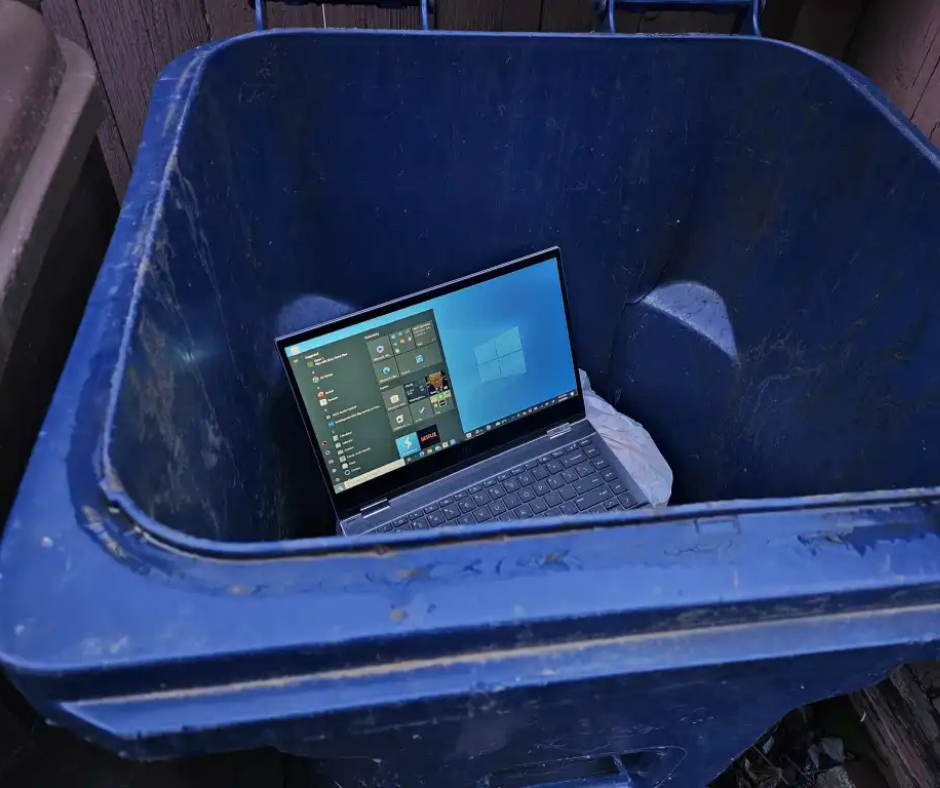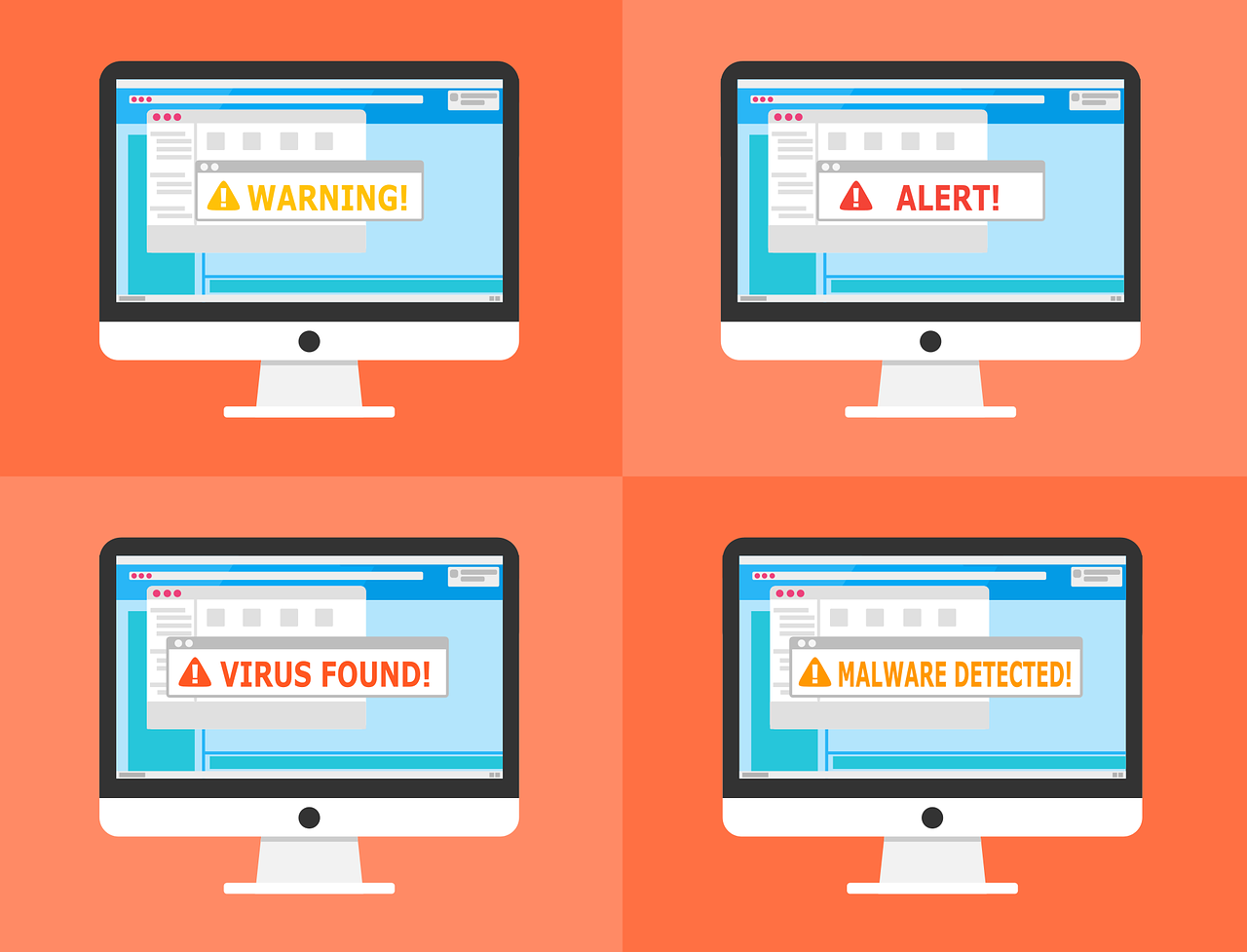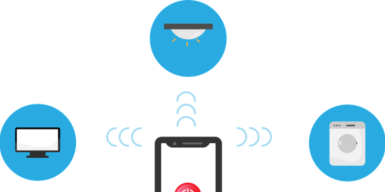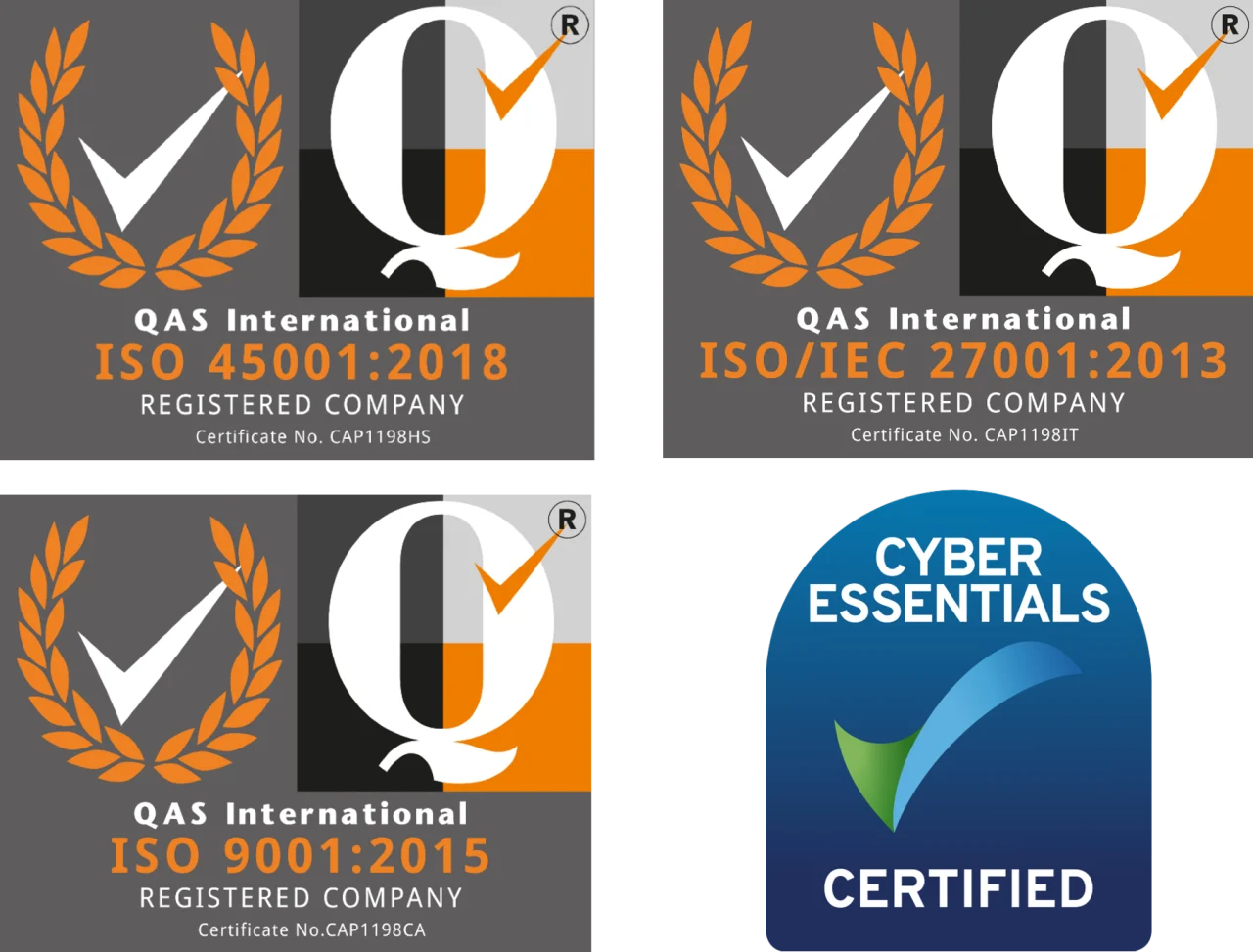-

-
-
-
0
-
-
-
Donna Aplin
Create Your Small Business IT Roadmap for Explosive Growth
Do you ever feel like your technology setup grew without you really noticing? One day you had a laptop and a few software licenses, and now you’re juggling dozens of tools, some of which you don’t even remember signing up for.
A recent SaaS management index found that small businesses with under 500 employees use, on average, 172 cloud-based apps. And many don’t have a formal IT department to keep it all straight.
-
-
-
-

-
-
-
0
-
-
-
Donna Aplin
Picture someone in the middle of a presentation, with the room (or Zoom) fully engaged, when their laptop freezes. You can almost hear the collective groan. That tension sticks, and if it happens often, it doesn’t just derail a meeting. It chips away at how people feel about their jobs.
That’s why IT isn’t just about servers, software, or “keeping the lights on” anymore. It’s about the day-to-day experience employees have every time they log in, click a link, or try to share a file. When those moments are smooth, morale lifts. When they’re not, it shows, both in productivity and in retention.
-
-
-
-

-
-
-
0
-
-
-
Donna Aplin
You come into work on Monday, coffee still hot, only to find your email full of urgent messages. An employee wants to know why their login isn’t working. Another says their personal information has shown up in places it shouldn’t. Suddenly, that list of “things to get done” is replaced by one big, pressing question: What went wrong?
For too many small businesses this is how a data breach becomes real. It’s a legal, financial, and reputational mess. IBM’s 2025 cost of data breach report puts the average global cost of a breach at $4.4 million. Additionally, Sophos found that nine out of ten cyberattacks on small businesses involve stolen data or credentials.
-
-
-
-

-
-
-
0
-
-
-
Donna Aplin
Nothing throws off your day like a frozen screen or a sluggish computer. If you run a small business, you’ve probably dealt with outdated tech more than once. Sure, squeezing extra life out of old equipment feels economical, but it often costs more in the long run.
Small businesses lose approximately 98 hours per year, equivalent to , due to technology concerns such as slow PCs and outdated laptops.
-
-
-
-

-
-
-
1
-
-
-
Donna Aplin
Does it ever seem like your small business is overwhelmed with data? This is a very common phenomenon. The digital world has transformed how small businesses operate. We now have an overwhelming volume of information to manage employee records, contracts, logs, financial statements, not to mention customer emails and backups.
A study by PR Newswire shows that of business leaders say they’ve given up making decisions because the data was too overwhelming.
-
-
-
-

-
-
-
11
-
-
-
Donna Aplin
At ESP Projects, we believe that outsourcing IT support is one of the most effective ways to reduce costs, improve security, and boost productivity—regardless of your business size or sector. Whether you’re a startup trying to stay lean or an established company looking to scale efficiently, here’s why outsourcing your IT could be the best decision you make this year.
-
-
-
-

-
-
-
0
-
-
-
Donna Aplin
When is Windows 10 End of Life? And why does it matter to my business?
We first wrote about this back in 2024, when we gave you a one year warning (check it out here). Microsoft Windows 10 will be the grand old age of 10 on July 15th 2025 and Software that is 10 years old in technology terms is absolutely ancient! Shortly after it’s tenth birthday, Microsoft will stop supporting the Operating System and only Windows 11 will be available with support (and updates).
-
-
-
-

-
-
-
0
-
-
-
Donna Aplin
We use our devices every day, so they need to work well for our needs. A device that’s slow or broken is inconvenient and can affect productivity for day-to-day tasks. But buying a brand new phone or laptop isn’t always the best option. We’ll cover eight things you should consider before making the purchase of a used device.
8 Things to Consider Before Buying Used Technology
Tech that’s used can be a way to save cash. According to recent data, 70% of consumers bought or sold used technology in 2023. It’s a popular market that’s expected to grow to $2.7 trillion in 2025.
-
-
-
-

-
-
-
4
-
-
-
Donna Aplin
File storage and transferring hold a very dear place in most people’s lives. However, the safety of files is really tough to maintain. In this guide, we are going to help you protect your files. We will explore ways to store and send files securely.
What is secure file storage?
Secure file storage protects your files. It prevents others from accessing your files or altering them in any way. Good storage grants protection to your files using locks. You alone can unlock such files.
-
-
-
-

-
-
-
28
-
-
-
Donna Aplin
Data is one of the most valuable assets a business can have. Managing this data throughout its lifecycle can be challenging. Data lifecycle management (DLM) refers to several processes and policies. They govern the handling, storage, and eventual disposal of data.
-
-
-
-

-
-
-
28
-
-
-
Donna Aplin
In today’s world, everything’s connected. That includes the software your business relies on. Whether you’ve installed that software locally or use it in the cloud.
Protecting the entire process that creates and delivers your software is very important. From the tools developers use to the way updates reach your computer, every step matters. A breach or vulnerability in any part of this chain can have severe consequences.
-
-
-
-

-
-
-
28
-
-
-
Donna Aplin
Did your company’s software system once seem sleek and nimble? But now it resembles a tangled web of shortcuts, patches, and workarounds. Welcome to the realm of technical debt. It’s a silent saboteur that accumulates over time, threatening your efficiency.
What Is Technical Debt?
Think of technical debt as the interest you pay on a loan you never intended to take. Technical debt accumulates when companies choose shortcut IT solutions. Rather than better, longer, more sustainable ones.
-
-
-
-

-
-
-
27
-
-
-
Matthew James
Is MFA the perfect security solution? No. So MFA can be beaten? Yes it can -
-
-
-

-
-
-
27
-
-
-
Donna Aplin
Data is the lifeblood of modern businesses. It fuels insights, drives decision-making, and ultimately shapes your company’s success. But in today’s information age, data can quickly become overwhelming.
Scattered spreadsheets, siloed databases, and inconsistent formatting. All these create a data management nightmare. This hinders your ability to leverage this valuable asset.
-
-
-
-

-
-
-
26
-
-
-
Donna Aplin
The Internet of Things (IoT) is no longer a futuristic concept. It’s rapidly transforming industries and reshaping how businesses operate. IoT is a blanket term to describe smart devices that are internet enabled. One example is smart sensors monitoring production lines. Connected thermostats optimising energy consumption is another.
Experts project the number of connected devices worldwide to continue growing. It’s estimated to rise from about 15 billion in 2023 to 21 billion in 2026.
-
-

